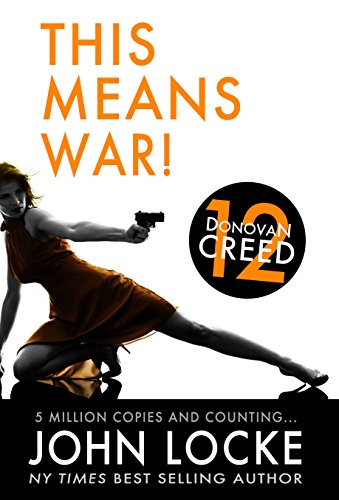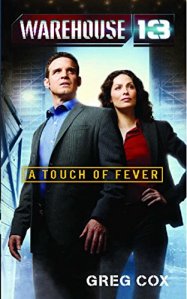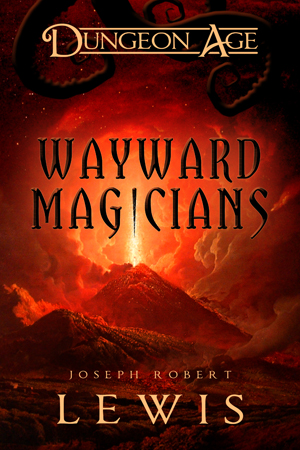-
Continue reading →: Unconventional review: Call Us if You Get Possessed by Chris Burton
The woman in front of me is fidgeting in the chair. She runs her fingers through her disheveled hair and starts chewing on her nails. She could be around thirty but perching on the edge of the chair, hunched and wearing a constant frown she looks older. “So, you applied…
-
Continue reading →: 3-Act Story Structure Mind Map
I did a recap on the three act story structure doing a mini-course provided by Reedsy, and I created this mind map for myself. My brain works best if I see the overall picture of things, so this overview helps me to remember at one glance. I have put the…
-
 Continue reading →: This Means War! by John Locke
Continue reading →: This Means War! by John Locke“Anything yet?” Bronson asks. I shake my head. “All silent. Our guy is still asleep.” I follow my routine of checking the camera feeds. The laptop’s screen is split into six windows, each shows a distinct part of the apartment we are watching. In the top right corner, our guy…
-
 Continue reading →: Variations are good
Continue reading →: Variations are goodMy sweetheart and I watched Warehouse 13 again. You know, the show. You haven’t seen it yet? Man, it’s a must for sci-fi fans. Anyway, that’s not the point. When we watched the last episode of the last season, I realized I had bought a Warehouse 13 e-book at some…
-
 Continue reading →: Wayward Magicians by J. R. Lewis
Continue reading →: Wayward Magicians by J. R. Lewis“So, tell me about your findings,” the Curator says. We are standing on the top of the ruins of the Old Town wall. On one side the silent ruins of Old Ankhar lay in the silence of centuries, keeping the memories of times when demons roared beneath the surface and…
-
 Continue reading →: Age of Empyre by Michael J. Sullivan
Continue reading →: Age of Empyre by Michael J. SullivanTwo of the three characters in the following unconventional review are invented by Michael J. Sullivan. I give him full credit. The third one is mine. Dear Michael, I hope I don’t offend you with this unconventional review. I was getting bored by the “normal” reviews and added some spice…
Welcome to my channel
I share stories, book reviews (often unconventional ones) and other interesting things I come across.


